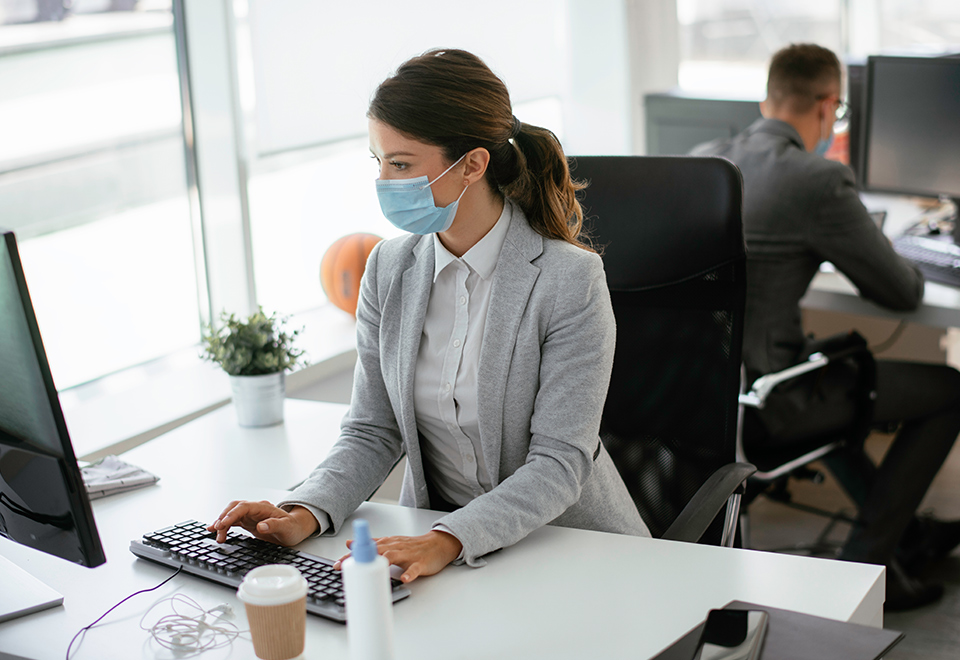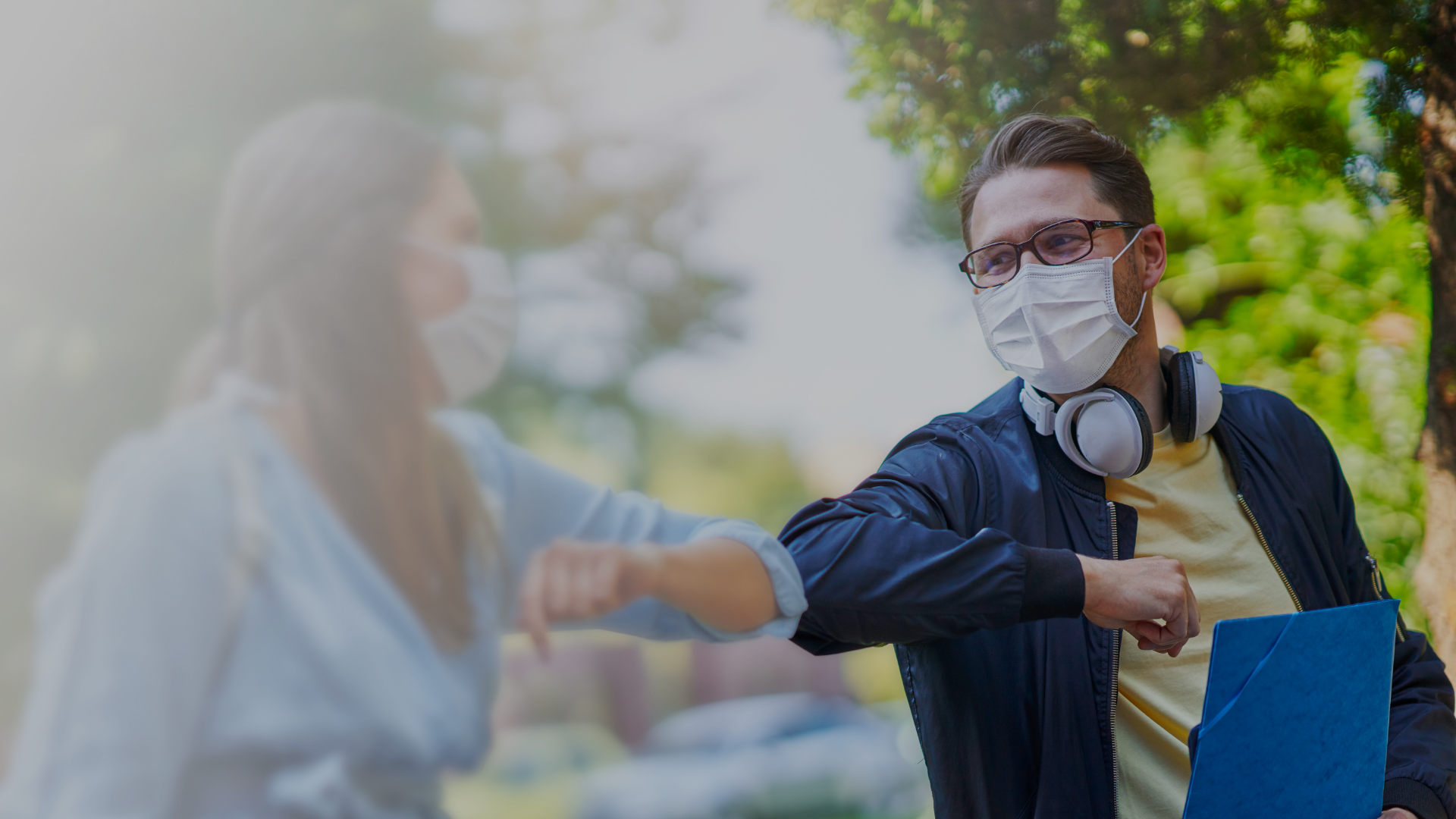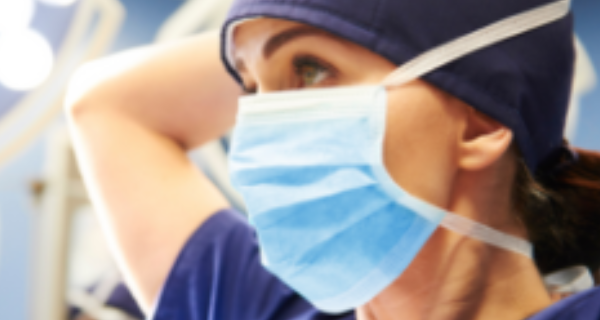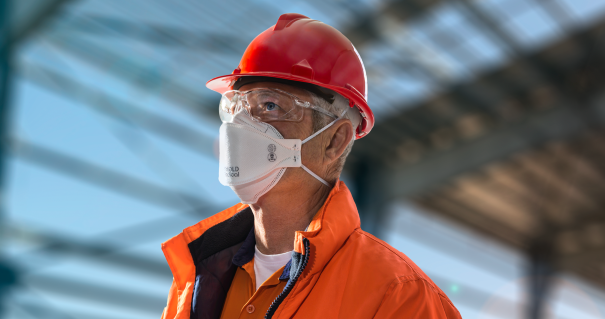There’s no denying that the flu, the common cold and even the latest strain of COVID-19 can pose a significant inconvenience. Not just personally but also in the workplace.
With many employees taking roughly a week off work to recover, absenteeism due to flu-, cold, or COVID-related illness can cause a knock-on effect throughout the business, ultimately impacting the bottom line. From project delays to over-stretched colleagues who are working hard to fulfil the role of their absent teammates, workplace sickness can wreak havoc on businesses' productivity.
That said, there are steps you can take to protect your staff, yourself, and your business from respiratory illnesses.
Regularly disinfect work surfaces
Cold and flu viruses can survive for up to 48 hours on non-porous surfaces and 12 hours on tissue and clothing. Similarly, COVID-19 viruses can also survive on these viruses for several hours up to a few days. To protect you and your staff from potential infection, it’s essential to ensure frequently touched surfaces, like desks, doorknobs, and communal kitchen appliances, are cleaned and disinfected regularly. This can help to kill any live viruses and prevent the spread of infection.
Promote good hygiene practices
While it might seem like common sense, it can often help to promote good hygiene practices at work. Encourage regular hand washing with soap and water for at least 20 seconds, or provide hand sanitisers with at least 60% alcohol in common areas.
Display signage in high-traffic areas around the office to remind your staff of the best hygiene practices. While you’re at it, make sure the office is well stocked with tissues, hand soap, disinfectant wipes, and hand sanitiser that can be easily accessed by the team. It can also help to have pedal or sensor bins that don’t need to be touched by hand to avoid contamination.
Promote cough and sneeze etiquette
While we’re on the topic of good hygiene practices, don’t forget about cough and sneeze etiquette. Encourage employees to cover their mouths and noses with a tissue or their elbow when coughing or sneezing to reduce the spread of germs.
Germs are often spread when people cover their mouths and nose with their hands to cough or sneeze. So instead, avoid using hands altogether and make sure to follow up with hand washing or sanitiser.
Provide personal protective equipment (PPE)
Face masks and respirators are an effective way to protect against the spread of COVID-19 as well as flu and cold viruses. They provide source protection by preventing the spread of infectious droplets when worn by an infected person. They also provide a physical barrier to stop you from inhaling cold or flu viruses if you come into close contact with an infected person. Not to mention, they deter you from touching your nose or mouth if you’ve been exposed to infected surfaces.
With this in mind, it can often help to equip employees with masks, particularly in high-risk environments or during outbreaks, to reduce the spread of germs.

Encourage sick employees to stay at home
If work can be completed remotely, it can be a good idea to encourage sick employees to work from home while they’re recovering from the flu, a cold or COVID.
H2: Improve air ventilation
While keeping the windows open is one of the best ways to increase ventilation, it can often create a chill in the office, especially during the colder months. If cracking a window isn’t possible, the next best option is to regularly maintain and clean air filters to remove potential viruses.
Improve air ventilation
While keeping the windows open is one of the best ways to increase ventilation, it can often create a chill in the office, especially during the colder months. If cracking a window isn’t possible, the next best option is to regularly maintain and clean air filters to remove potential viruses.
Offer remote work options
During the COVID-19 pandemic, many workplaces implemented remote work policies to prevent the spread of the virus. The same theory applies during the flu season and outbreaks of respiratory illnesses.
Where possible, provide options for employees to work remotely, particularly during peak flu season, to minimise contact and reduce the risk of spreading the virus.
Encourage vaccinations
Vaccines are one of the most effective methods of protection against influenza and COVID. These vaccinations change regularly to protect against the latest strains, so it’s essential to get vaccinated annually to make sure you’re protected against the most common strains.
As a business, you can offer on-site COVID or flu vaccination clinics or provide information on where employees can get vaccinated. This can help to reduce outbreaks at your workplace.
Provide protection at work with Detmold Medical
Detmold Medical is home to a range of different face masks and respirators to suit a variety of workplace settings. Whether you’re looking for source control or COVID, cold and flu protection, we have a number of different masks for different needs.
Use our face mask selection guide to help you find the right mask for your needs. Or you can head straight to our online shop to browse the collection and buy in bulk for your workplace.
Protect yourself and your staff this flu season with Detmold Medical.





